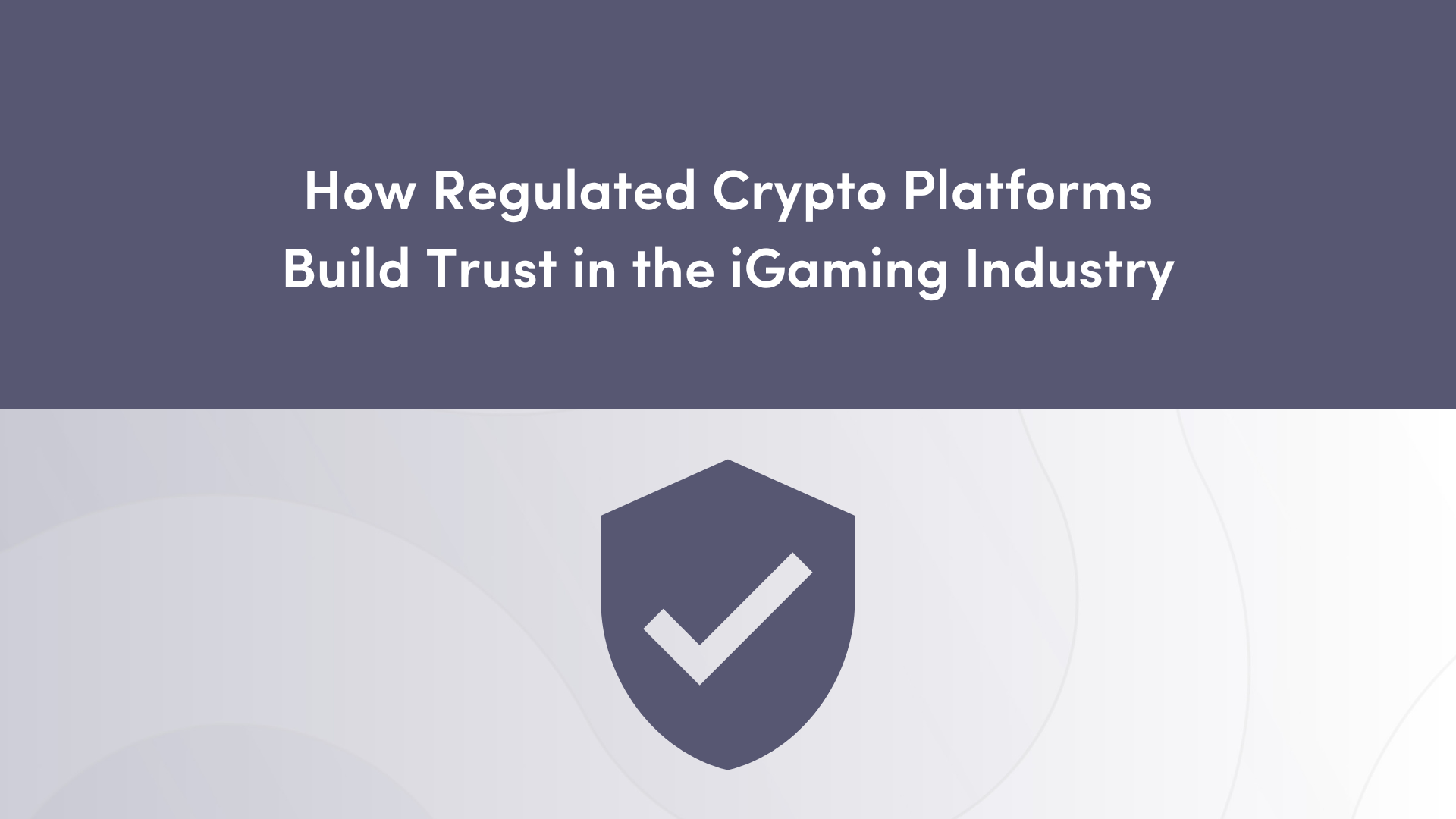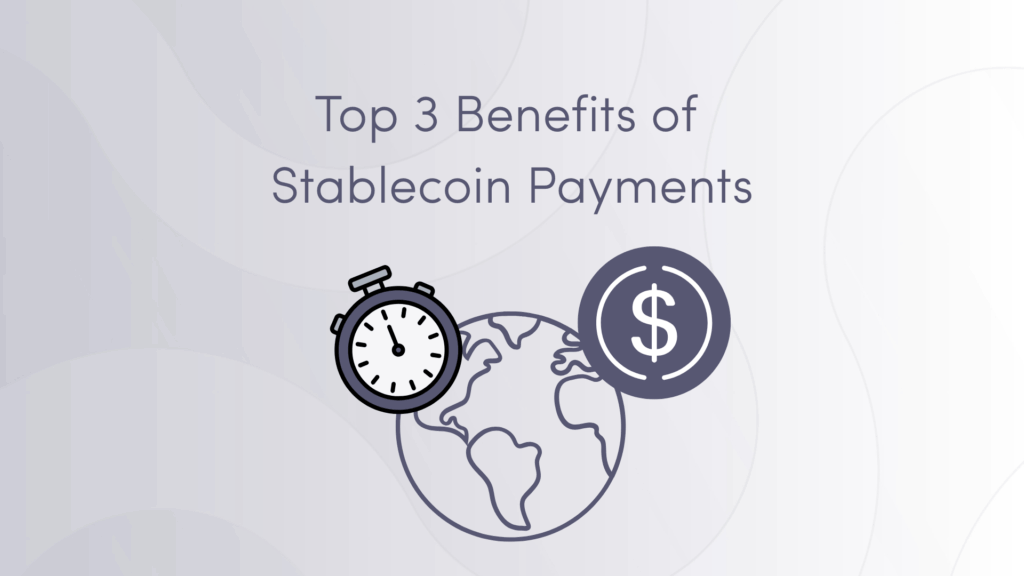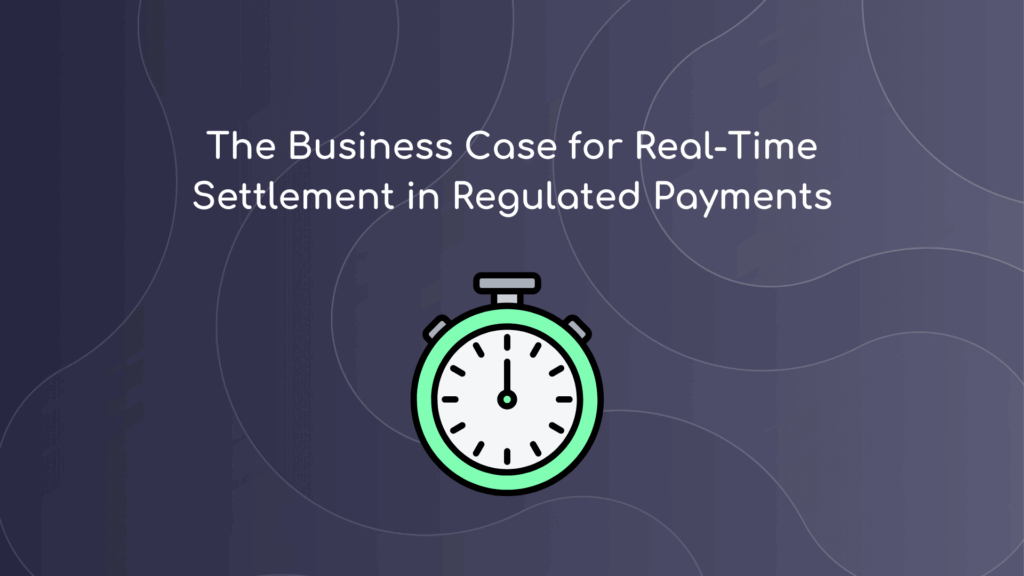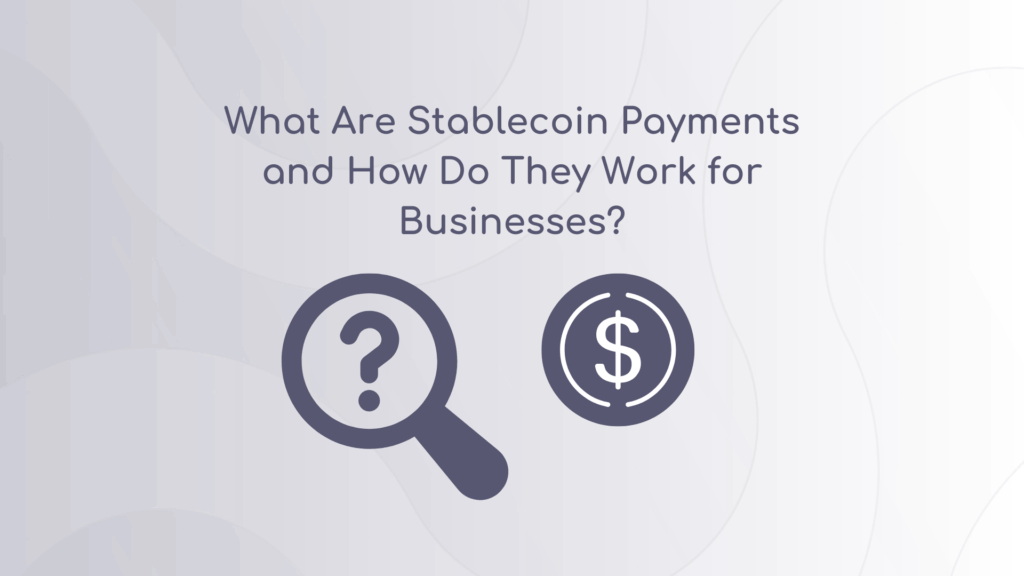Introduction
The iGaming industry, encompassing online casinos, sportsbooks, and betting platforms, has always faced serious challenges with payment processing: banking restrictions, high chargeback rates, and reputational risk. As a result, many iGaming operators are turning to crypto payments for faster, cheaper, and borderless transactions.
But the real game-changer? Regulated crypto platforms. These are giving iGaming businesses a way to embrace crypto while remaining fully compliant, building trust with partners, regulators, and players alike.
The Unique Payment Challenges of iGaming
| Challenge | How It Affects iGaming Operators |
| High chargeback rates | Revenue loss, increased processor fees |
| Limited banking access | Difficulty securing merchant accounts |
| Cross-border settlement delays | Slower payouts to players and affiliates |
| Regulatory pressure | Difficulty scaling globally without licensed solutions |
| Fraud & AML risks | Vulnerability to bad actors if not properly monitored |
Why Crypto Is a Natural Fit for iGaming
- Faster deposits and withdrawals (real-time settlements)
- Finality of transactions (no chargebacks)
- 24/7/365 availability (no bank hours)
- Lower fees compared to card processors
- Global accessibility, players from any region can participate
But not all crypto is created equal. Unregulated or anonymous platforms can introduce compliance risk.
That’s where regulated crypto platforms come in.
What Makes a Crypto Platform “Regulated”?
A crypto payment platform serving iGaming should meet the following standards:
✅ Licensed in the jurisdictions it operates in
✅ Provides KYC/AML onboarding tools
✅ Supports regulated stablecoins (e.g., USDC,)
✅ Offers transaction monitoring and audit trails
✅ Compliant with MiCA (EU), FATF, and local gaming regulators
How Regulated Crypto Platforms Build Trust in iGaming
✅ Player Confidence
- Players know their funds are processed through licensed, secure infrastructure.
- Funds are held in fully-backed stablecoins, not volatile tokens.
✅ Regulatory Alignment
- iGaming operators working with regulated crypto platforms are better positioned to maintain licenses and expand to new markets.
- Full auditability and traceability helps satisfy regulators in Europe, LatAm, and Asia.
✅ Affiliate & Partner Trust
- Faster, verifiable payouts via stablecoins build loyalty with affiliates and partners.
- No more waiting 3–5 business days for banking transfers.
✅ Global Reach
- Crypto payments can reach unbanked or underbanked players, opening up revenue in untapped regions.
Case Study: Crypto Payments for a Mid-Size Sportsbook
A sportsbook operating across Latin America and Eastern Europe faced:
- 4+ day delays in affiliate payouts
- Banking issues in high-risk jurisdictions
- A 12% chargeback rate on card deposits
By switching to a regulated stablecoin payment platform:
- Affiliate payouts went from 4 days → 5 minutes
- No more chargebacks
- Banking bottlenecks eliminated
- Player trust improved through transparency and faster withdrawals
Best Practices for iGaming Operators Adopting Crypto
- Work only with regulated crypto partners with clear licensing
- Choose stablecoins with proper reserve audits (e.g., USDC,)
- Offer crypto as a payment option, not a replacement for fiat
- Implement automated transaction monitoring and compliance tools
- Educate players and affiliates about security and usage
Conclusion
The iGaming industry is evolving, and regulated crypto platforms are leading the charge. They combine the efficiency of blockchain with the structure of traditional finance, offering a safe, compliant bridge into the future of online gaming payments.
Operators that make the switch today won’t just keep up, they’ll lead.
Damex.io is regulated in various jurisdictions. Damex provides services to institutions and sophisticated investors only and Damex’s services are not available to retail users. Information on services provided relevant to your jurisdiction and information on the unique risks that digital asset trading carries are available at damex.io/disclaimer and damex.io/risk-notice.






